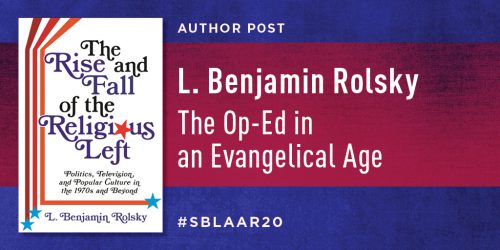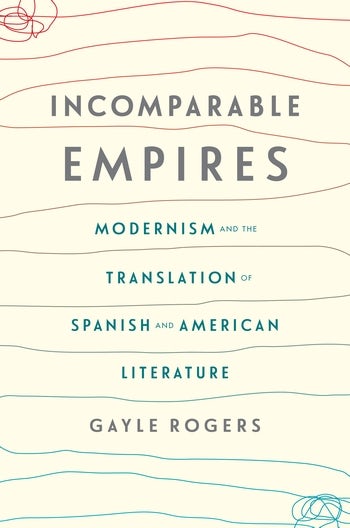The Sixtieth Anniversary of the Nakba: A Posting by Ahmad H. Sa’di and Lila Abu-Lughod
Ahmad H. Sa’di and Lila Abu-Lughod are the editors of Nakba: Palestine, 1948, and the Claims of Memory.
Across the world, people are marking the sixtieth anniversary of the Palestinian’s “nakba” (catastrophe). The Palestine/ Israel conflict has occupied center stage in international affairs at least since the Balfour Declaration in 1917. Its macabre manifestations confront us on TV screens and newspapers’ pages daily. The efforts invested to solve it peacefully have so far failed. And despite apparently huge diplomatic efforts (genuine, self-serving, or cynical) doomed approaches continue, paradoxically, to prevail. These approaches most commonly—and with various degrees of sophistication—construct a political landscape that is dominated by elites who are described as either for or against peace. Leaders are classified in loaded and dichotomous terms: as moderate or radical; westernized or traditional; secular or fundamentalist. Very little, if anything at all, is said about those who construct these categories and their interests in doing so, let alone their role in perpetuating the conflict. Nothing is said about the morality of those who categorize. Most importantly, very little is said about ordinary Palestinians who have continued to endure the consequences of the catastrophe for more than six decades.
In contrast Nakba: Palestine, 1948, and the Claims of Memory suggests that a durable peace between Israelis and Palestinians must begin by tackling the moral foundation of the conflict. In 1948 the vast majority of the indigenous population, the more than 750,000 Arab Palestinians who resided on 77.8% of the land of their country—which later became Israel—were expelled. The will of the international community to allow their return, expressed in the UN resolution 194, has been ignored.
Nakba does not aim to recount the historical events that led to this calamity. There is no need. The gap between the contending Israeli and Palestinian historical narratives has significantly narrowed since the declassification of Israeli documents relating to the wartime events of 1948. It is now beyond doubt that Zionist leaders were from the start obsessed with the “transfer” of the Palestinians and that the Palestinian refugees lost their patrimony because they were forced out. Moreover, it is now common knowledge among specialists and scholars that many of the acts of expulsion were carried out under official orders and that such acts continued for more than eleven years after Israel’s independence. Those expelled included Palestinians who had become citizens of the State and carried Israeli identity cards.
The book’s aim is not to recount this history but to glean from literature, films, interviews with refugees, life stories, memorial books, and testimonies in law courts how Palestinians remember and conceptualize their Nakba: as a break in their history that rendered their birthplaces and homes both close and yet unreachable. The essays in the book examine the myriad ways in which Palestinians remember their past and carry it with them through symbols, maps, deeds of the land and keys of the houses, stories, habits and poems. Beyond that, the book confronts issues relating to remembrance and forgetting in a context of crushing realities created by power. Their experiences fracture along lines of gender and generation and of diasporic location. How do Palestinians feel when they return to the houses they were forced to leave, finding new occupants who conceive of the houses as legally theirs? What legal or moral force do Palestinian memories (not to mention the deeds of property) have against the official documents of the perpetrators, their laws, and their imposed order? How can Palestinians challenge the current realities that are constructed by powerful nations and the dominant narrative that denies their existence, dreams, and aspirations? Why has the morality of their claims to nationhood and to a return to their homes not been understood or supported?
Some of the queries will interest those in the field of collective memory studies—those concerned with the role of time in shaping collective memory, the impact of trauma and forced displacement in the creation of the spaces of memory (lieux de memoire), the meanings of silence, and the play of power in memory. But the Palestinian case is special and this should interest anyone concerned with the region: the identity of the perpetrators—some of whom were themselves victims—is unusual; the repetitive quality of events ever since the Nakba is perhaps unique: killing, raids, house demolitions and collective punishment. The durability of the Nakba is dispiriting—a calamity that has continued for more than sixty years now, leaving a normal life for so many Palestinians beyond reach and so many stories still unheard.







